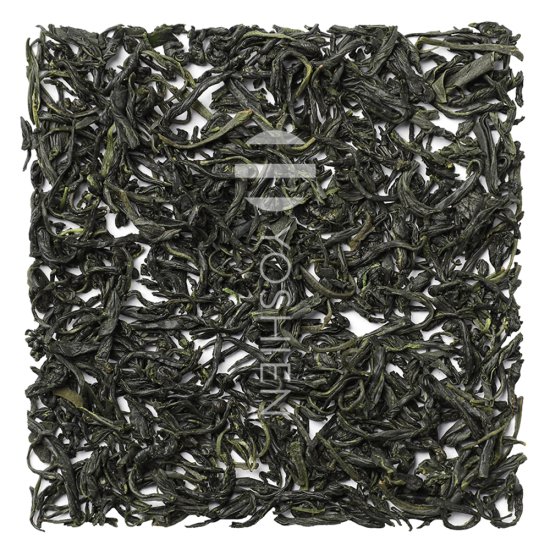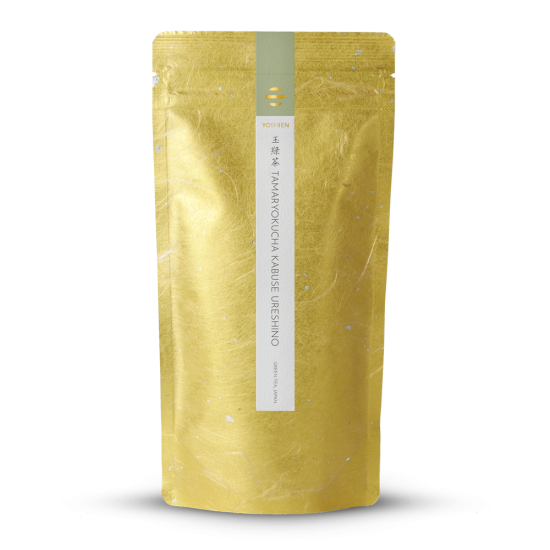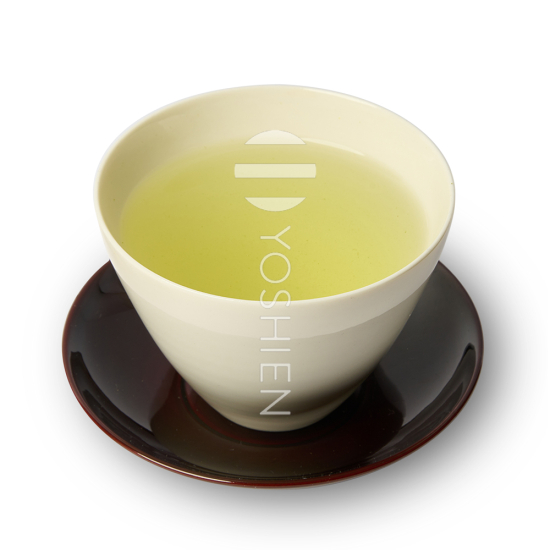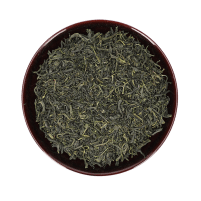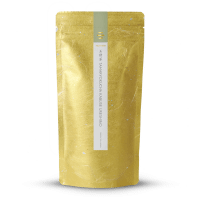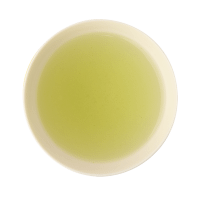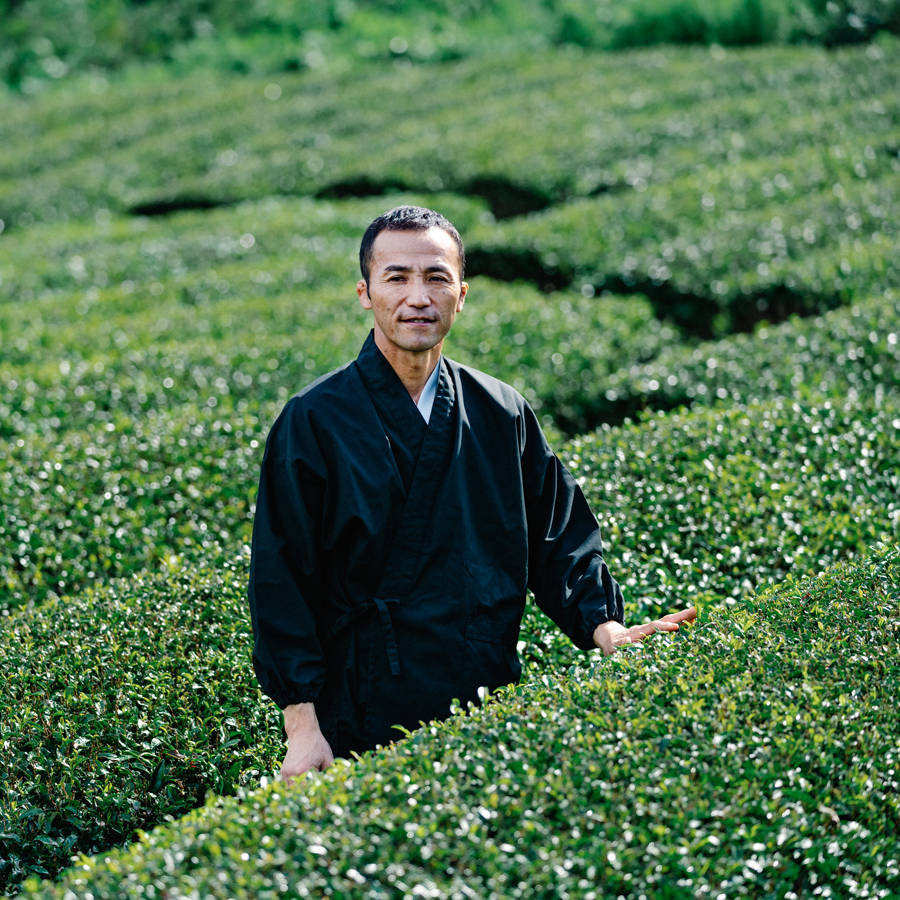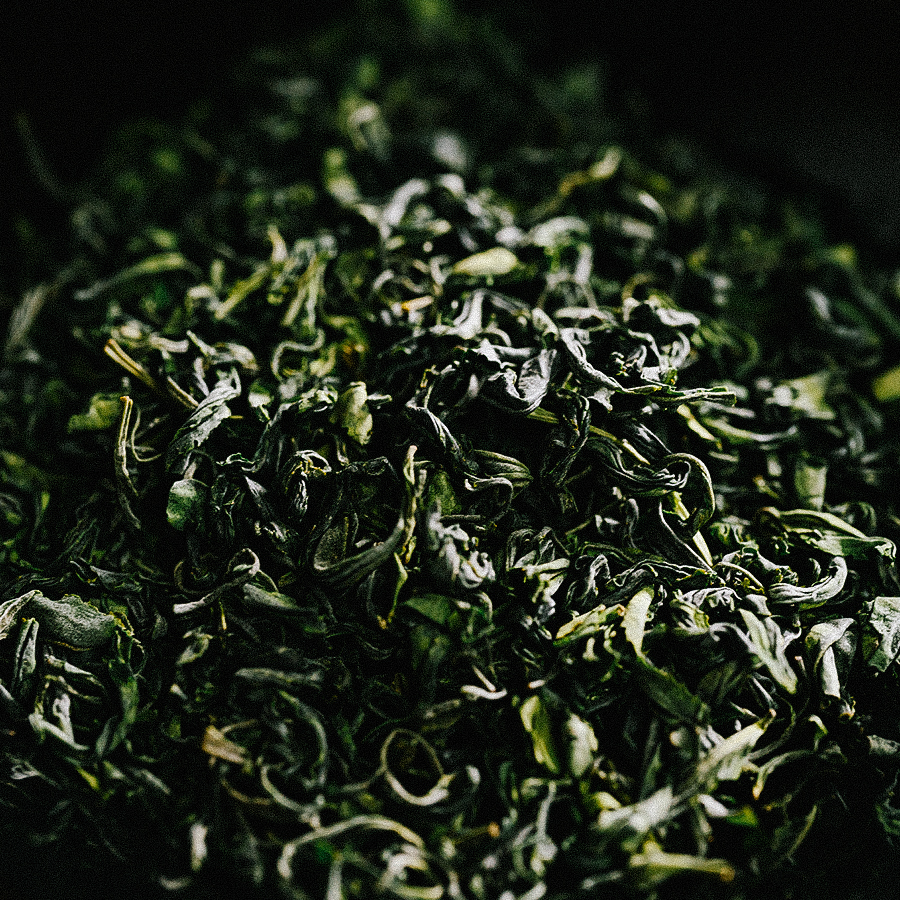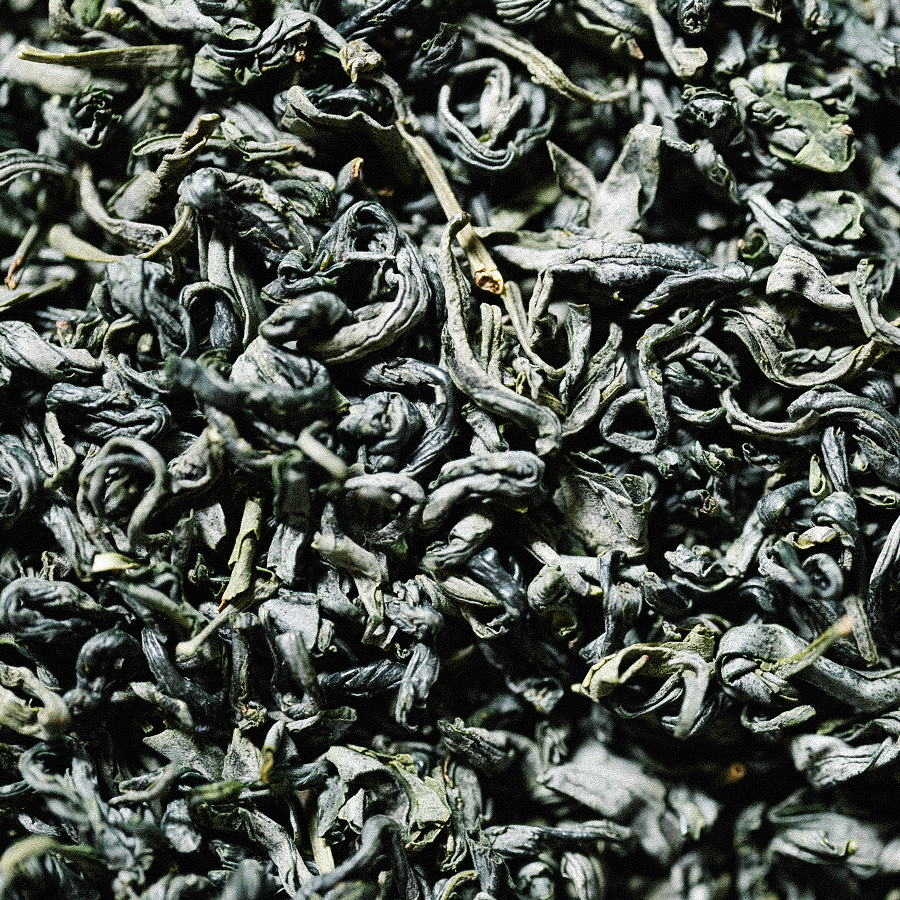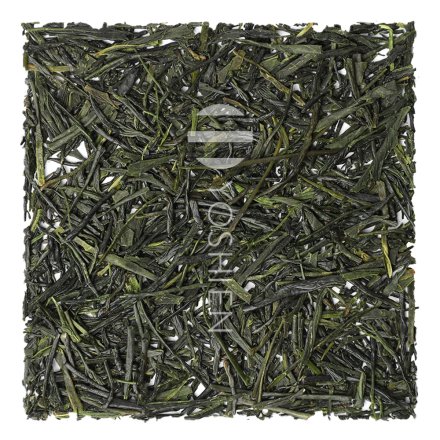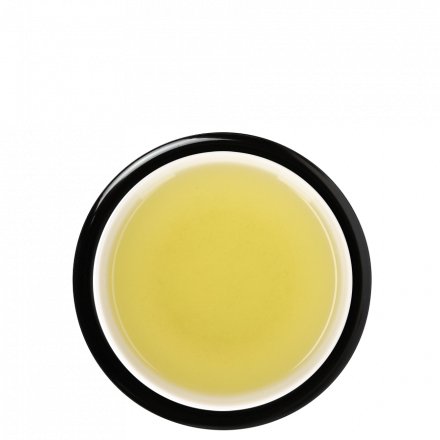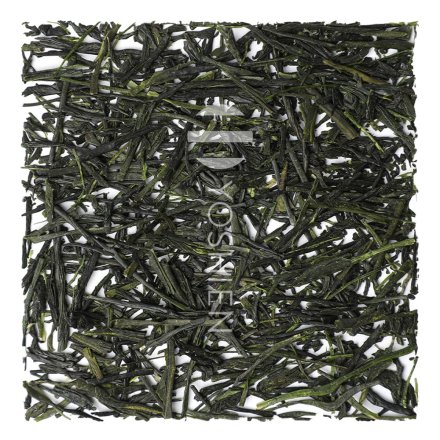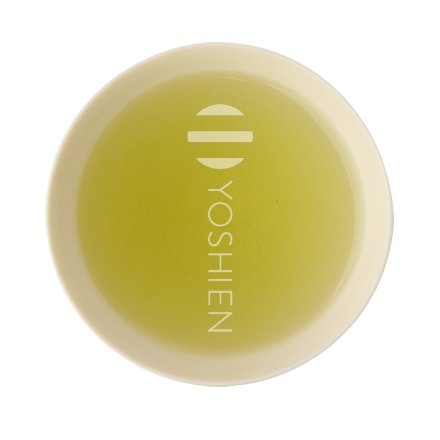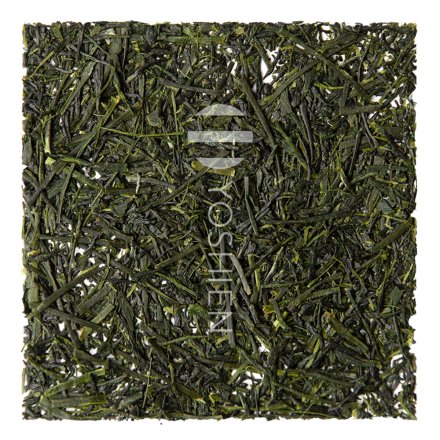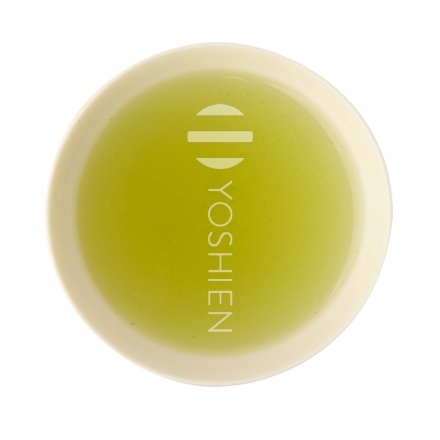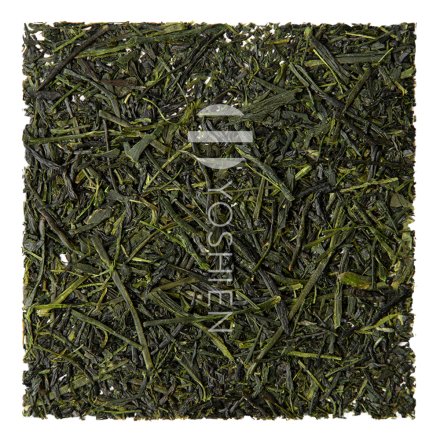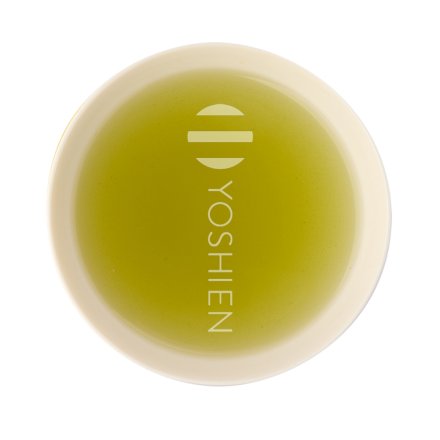The tea farmer has selected rare cultivars from top fields for this exquisite blend. Tamaryokucha are steamed like sencha but not rolled into needles, and are distinctly less open. As a result, the leaves attain the so-called "magatama" form (勾玉) that resembles crooked commas. The tea farmer has developed a special steaming process for his tamaryokucha that is very short and under unusually high steam pressure (0.2 Pa). As a result of this steaming process, the teas acquire a particularly aromatic aftertaste, and have a clear yamabuki shade when seen inside a cup. The tea fields are located in a pristine natural environment. No pesticides or herbicides have been used since 1978. For this tea, the yabukita and sayamakaori cultivars were additionally half-shaded for 7-10 days..
Single Origin
This tea is exclusively sourced from the above mentioned tea farm in Ureshino. Sourced directly from the tea farmer.




